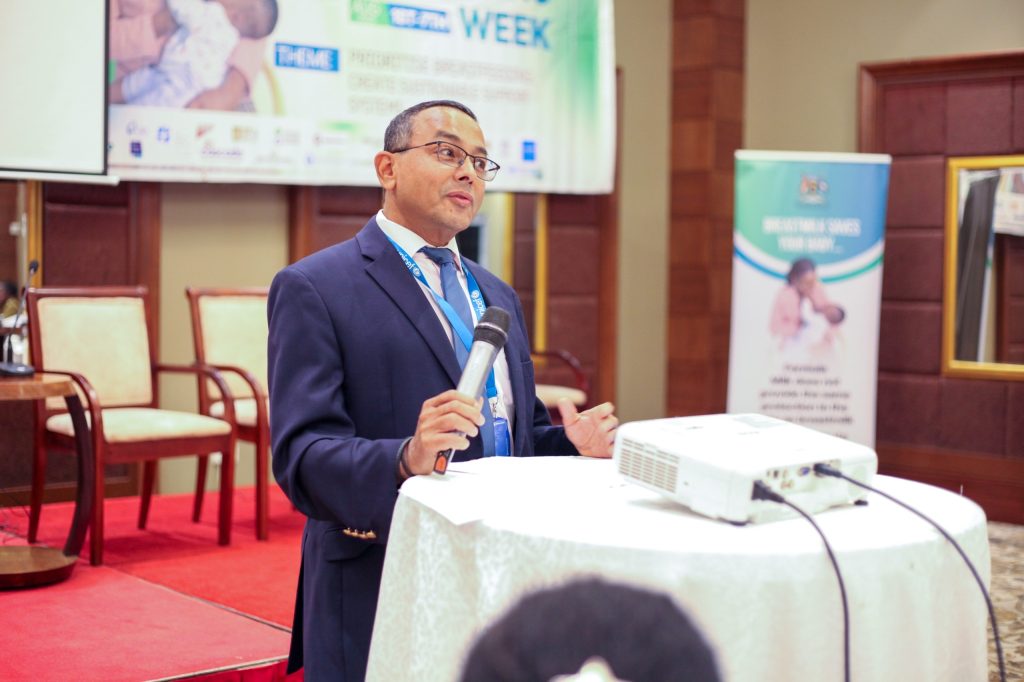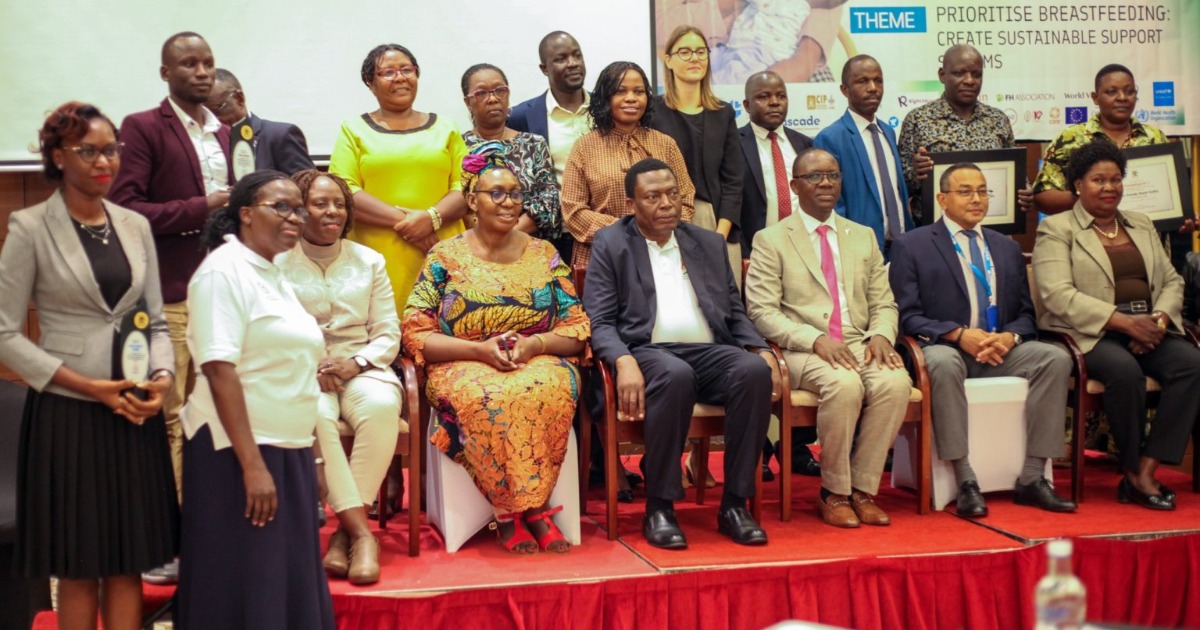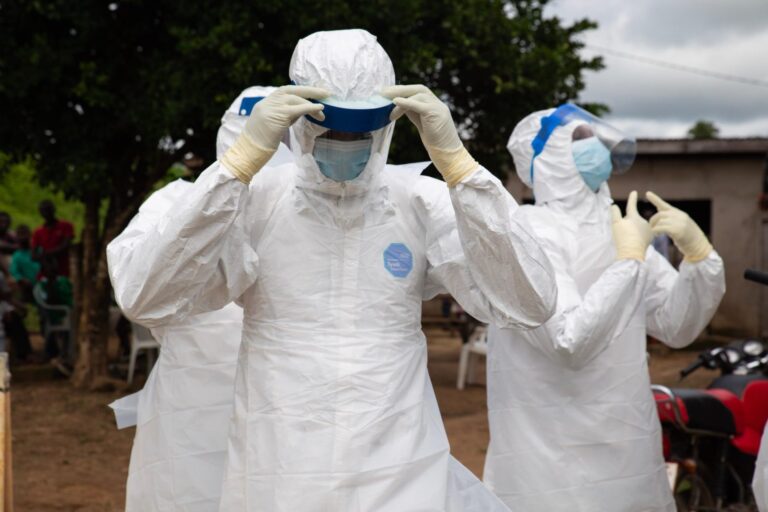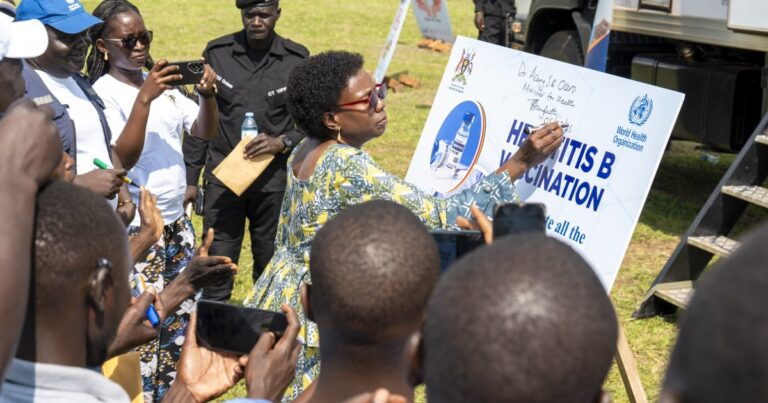Uganda has recorded a remarkable rise in exclusive breastfeeding rates, moving from 66% in 2016 to 94% in 2022, according to the Ministry of Health. This achievement makes Uganda one of the top-performing countries globally in promoting optimal infant nutrition.
The success is credited to coordinated efforts between government ministries, international partners, and communities, highlighted during the 2025 World Breastfeeding Week celebrations. This year’s theme — “Prioritize Breastfeeding: Create Sustainable Support Systems” — underscored the importance of collective action.
Meeting Global Targets
Today, 81% of newborns in Uganda are breastfed within the first hour of birth, meeting global targets set by the World Health Organization. These figures align with recommended infant and young child feeding practices, which advocate for early initiation of breastfeeding and exclusive breastfeeding for the first six months.
However, challenges remain. Health officials noted a decline in breastfeeding beyond six months and a drop in complementary feeding practices for children aged six to eight months, particularly in dietary diversity and meal frequency.
Breastfeeding as a “Frontline Defense”
Juliana Muiruri, Head of Nutrition and Food Systems at the World Food Programme, described breastfeeding as a critical defense against malnutrition, especially in vulnerable communities. She pledged continued investment in training healthcare workers, village health teams, and community leaders to deliver culturally appropriate counseling and empower caregivers with accurate information.
The Ministry of Gender, Labour and Social Development is also introducing a “breastfeeding honor” for working mothers, promoting male involvement, and partnering with UNICEF to strengthen early childhood development programs.

Addressing Teenage Mothers’ Needs
UNICEF Country Representative Dr. Robin Nandy urged more support for teenage mothers.
“We talk about preventing teenage pregnancies, but we don’t talk enough about helping teenage girls who are already mothers. How do they return to school and breastfeed at the same time? These are complex and uncomfortable questions, but they must be addressed,” he said.
Community-Driven Progress
Dr. Charles Olaro, Director General of Health Services, noted that exclusive breastfeeding rates have improved through community mobilization and health worker training. Half of all births now take place in community health centers, making breastfeeding guidance more accessible to mothers in rural areas.
Unmatched Benefits
Breast milk offers complete nutrition, antibodies to fight disease, and adapts to a baby’s changing needs. For mothers, it supports postpartum recovery, lowers cancer risks, and strengthens emotional bonds
During the celebration, Kiryandongo District was awarded for excellence in breastfeeding promotion, along with recognition for individuals, workplaces, and health facilities that demonstrated outstanding support for breastfeeding mothers.
Uganda’s progress proves that breastfeeding success depends not only on a mother’s decision but on the policies, workplaces, communities, and healthcare systems that create an environment where breastfeeding is possible and sustainable. Source : Ministry Of health





